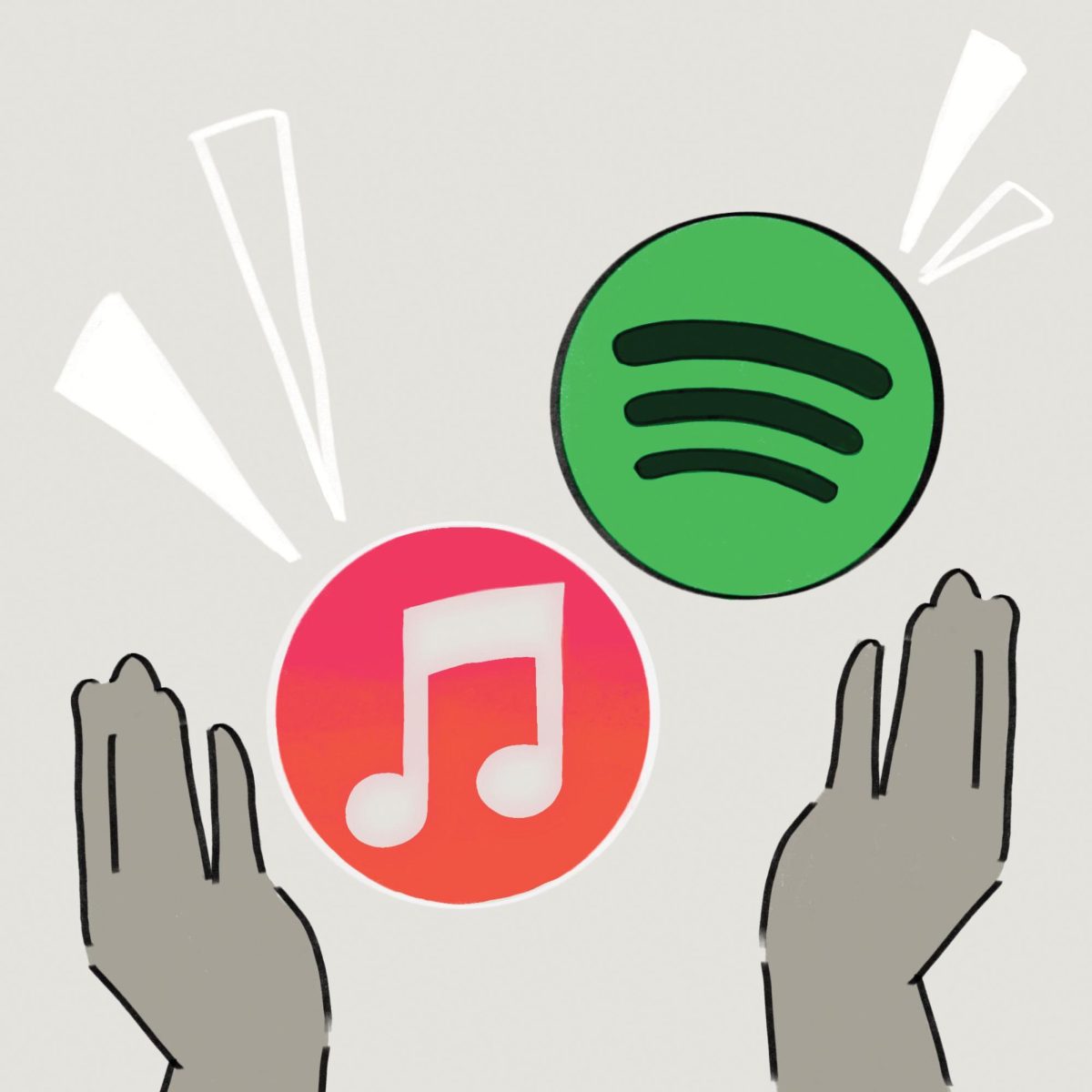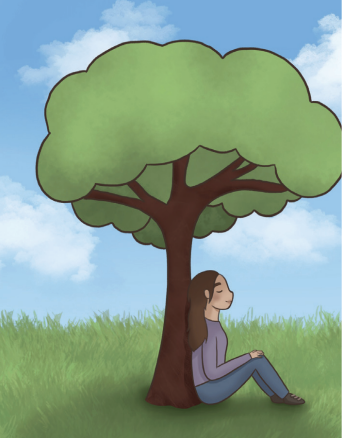
Scrolling through the TikTok “for you page” or “FYP” is an experience like no other. Upon passing through the digital gates of Narnia, entering the world of TikTok is akin to disembarking the plane and walking into a foreign country. The vernacular of the app is an isolated language of its own, completely inaccessible to newcomers, and the niche cultural references know no end. The present culture of TikTok is an eclectic conglomeration of its predecessors, featuring the hyper-aestheticized elements of Instagram, the toxicity of 2014 Tumblr, the rather obscure insider jokes of Vine and, of course, the format of Musical.ly.
Beyond TikTok’s rather unassuming front as a dance app (the renegade doesn’t seem particularly malicious to most), I fear the rhetoric that has evolved has more sinister implications for the future of our country. The political discourse on the app has become increasingly unchecked, problematic and out-of-touch, in a manner that doesn’t bode well for the healing of an already hyper-partisan country.
My first qualm with the political discussion or just political signaling on the app is the aestheticization of activism. I think the most obvious example of this would pertain to the wave of racial reckoning that occurred over the summer. A familiar face on the TikTok “for you page” is a white female, donning a goodwill skirt, the color corrector filter and a fisheye lens, filming herself from an absurdly high camera angle, who flashes some sort of Sanrio Hello Kitty ACAB (All Cops Are Bastards) graphic as part of her edgy, indie alt teen compilation. Although her desire to spread a political message may be perfectly valid and rooted in broader activist work, I think the trivialization of serious and consequential ideological sentiments is deeply problematic. It reduces years of academic thought and major movements of activist work to something worthy of a Pinterest board. Some might express that, although the message has been co-opted as part of her “look,” she is still spreading awareness of whatever particular cause and drawing attention to the sentiments of these activists. However, I think the trivialization of these messages mean they aren’t taken seriously, instead nonchalantly discounted by those in power and rebranded as the trendy teenager radical ideology of the moment. Although this pattern is certainly not limited to TikTok (it runs absolutely rampant in Instagram stories), I think it has both been exacerbated and propagated by the trendiness of political buzzwords as part of a cultivated aesthetic on the app.
My second issue with the convoluted world of TikTok politics is the facade of political discourse that often masks intolerance. On any slightly controversial video, the comments end up riddled with “TRUMP 2020,” “BIDEN 2020” or, in classic TikTok fashion, “No ❤️.” Although it might seem harmless, the tendency to end discussion or to shut down opposition with unproductive slogans only pushes partisanship and hatred. The app’s relative anonymous nature and the constant flow of information means people sprout opinions in a thoughtless, unsubstantiated way. Scrolling down the “FYP” will usually reveal a variety of strange usernames along the lines of “thomasjeffersonslefttoe” or “friedchickenprincess” that lend individuals a sense of anonymity. While obviously fake Instagram, Facebook and Twitter accounts are fairly common, most people have their accounts linked to their identity. However, on TikTok the frequent use of pseudonyms and simply bizarre account names means they are less overtly tied to the user. The separation between personal identity and online discourse is uniquely damaging as it contributes to an out of hand, extremist, belligerent culture that people can partake in with virtual impunity. The dissociation between identity and actions reduces accountability and makes it easier for people to get away with posting damaging things on the platform with virtually no repercussions.
Although TikTok is an important connection for young people, particularly in a time of isolation due to COVID, its problematic political culture has major implications for the beliefs and creed of an entire generation. Being aware and skeptical of the integrity of information on the app is crucial to being a conscious Gen Z virtual citizen. The insurrection at the Capitol on Jan. 6 has made the need for political accountability on virtual platforms all the more evident and illuminated for many of us how truly dire the situation has become. As much serotonin as those lovely 15-second videos give me, I can’t help but voice my concerns about the discourse I see, and urge you, as my peers, to critically examine this unique form of political media as well.





